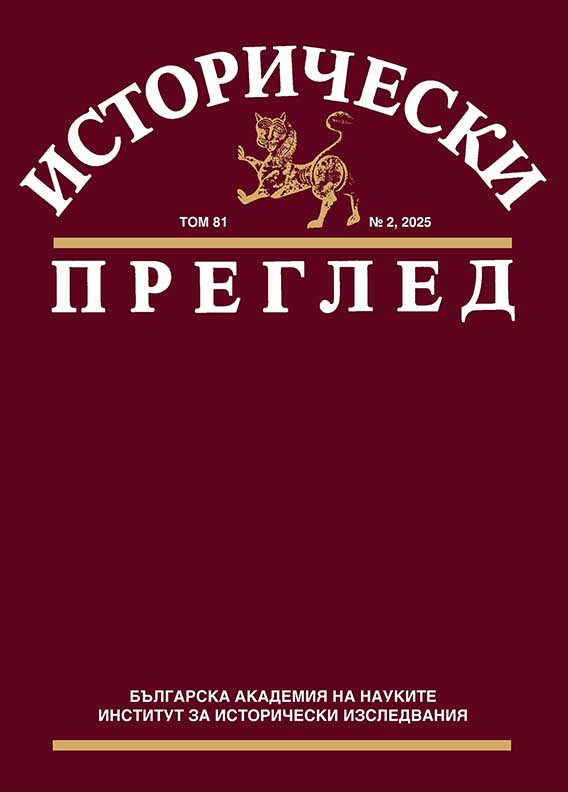Югославският национализъм в исторически контекст. Интерпретация по теоретичния модел на Ърнест Гелнер
The Historical Context of Nationalism in Yugoslavia: An Interpretation Based on Ernest Gellner’s Theoretical Model
Author(s): Angelina MarkovskaSubject(s): History, Ethnohistory, Political history, Social history, Modern Age, Recent History (1900 till today), Special Historiographies:, 19th Century, Pre-WW I & WW I (1900 -1919), Interwar Period (1920 - 1939), WW II and following years (1940 - 1949), Post-War period (1950 - 1989), Transformation Period (1990 - 2010), Historical revisionism, Wars in Jugoslavia
Published by: Институт за исторически изследвания - Българска академия на науките
Keywords: nationalism; democratization; Gellner model; ethnogenesis; Yugoslavia; Balkans;
Summary/Abstract: This article aims to demonstrate, through the lens of Ernest Gellner’s modernist theoretical framework on the origins and nature of nations, that the specificity of the Yugoslav conflict stems from the close interrelation between the collapse of communism and the nationalist disintegration of the Federation. The distinct characteristics of Yugoslav nationalisms, which were inherently destructive, coincided with the process of democratization in the early years following the Federation’s dissolution. This convergence unleashed latent cultural and historical tensions among the constituent ethnic groups, intensifying the drive to transform each group into a self-sufficient nation capable of establishing and defending an independent state where it would form the majority. This process has been aptly described by theorists as the “terror of constitutive nations,” which hindered the emergence of a shared patriotism – particularly in Bosnia and Herzegovina after 1995 – and further deepened ethnic divisions.
Journal: Исторически преглед
- Issue Year: 2025
- Issue No: 2
- Page Range: 65-84
- Page Count: 20
- Language: Bulgarian
- Content File-PDF

